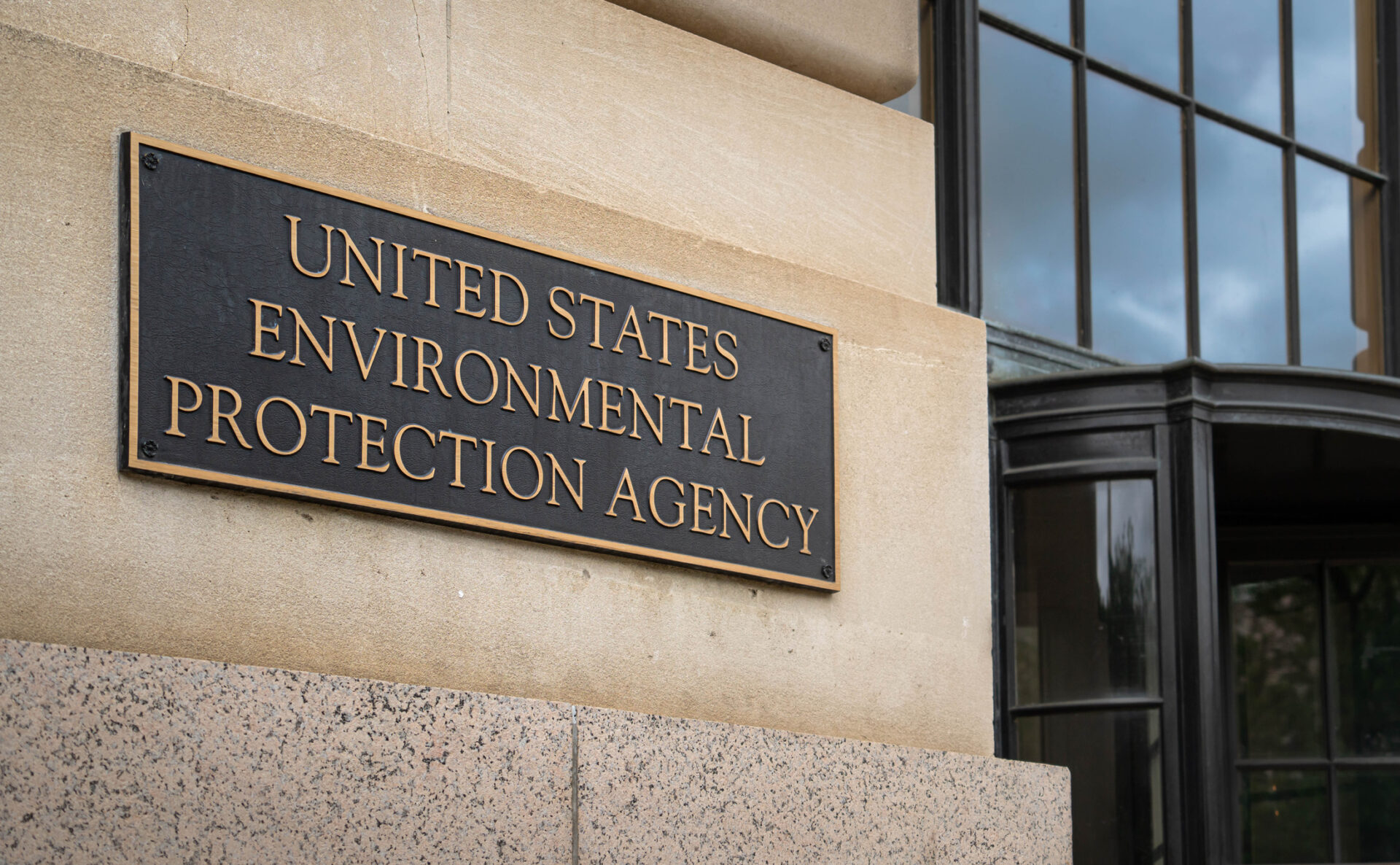By Sylvia Chi — On September 22, 2025, the United States Environmental Protection Agency (EPA) closed its comment period for its proposal to rescind the “endangerment finding,” a scientific determination issued by the agency in 2009 enabling it to regulate greenhouse gas emissions. EPA proposed rescinding the endangerment finding on July 29, 2025, along with related greenhouse gas standards for new motor vehicles.1 The crux of the Trump Administration’s argument is based on the legal question of the extent of EPA’s authority under the Clean Air Act to regulate greenhouse gas emissions. The Administration also offered alternative bases for the proposed repeal, including a flawed and selective interpretation of climate science, as well as an argument against regulating greenhouse gas emissions from motor vehicles based on policy considerations.
What exactly is the endangerment finding? The short version is: in 2007, the Supreme Court of the United States decided Massachusetts v. EPA, holding that greenhouse gases are air pollution under the Clean Air Act. The Court directed EPA to either regulate them or provide a reasoned basis for declining to do so. The endangerment finding, issued two years later, forms the legal basis for EPA’s authority to regulate climate-warming greenhouse gases under the Clean Air Act. The endangerment finding has since survived extensive litigation over the years, and has since formed the basis for key climate regulations, including greenhouse gas standards for vehicles, coal- and gas-fired power plants, and the oil and gas industry.
In collaboration with our partners at the Climate and Clean Energy Equity Fund and Climate Justice Alliance, we authored a comment letter on the EPA’s proposed recission that earned sign-ons from 70 of our partners and allies, including frontline, grassroots, and community-based organizations that organize and advocate for climate and environmental justice on the local, state, and national levels. Our comments describe how the Clean Air Act authorizes EPA to regulate greenhouse gases, relying on the Act’s statutory text as well as Supreme Court precedent. We further critiqued EPA’s reliance on misleading and cherry-picked data in the Climate Working Group report published by the Department of Energy (DOE)2 that offered another basis for EPA’s proposed repeal of the endangerment finding. We also explained how regulating greenhouse gas emissions from vehicles provides significant benefits to public health and welfare, especially for communities that are already disproportionately impacted by pollution.
In addition to these legal and scientific issues, our letter emphasized the lived experience of residents in frontline communities, who are already experiencing the compounding harms of climate change. We solicited testimonials from partner and ally organizations and included them in our letter to illustrate the ongoing impacts of climate change in vulnerable communities around the country, including how poor air quality harms human health and extreme weather imperils lives and businesses, especially in rural areas.
Reporting suggests that EPA intends to move forward with the repeal, regardless of the comments submitted and the incompleteness of the Regulatory Impact Analysis that is a required part of the process.3 The Trump Administration is widely thought to be angling for the Supreme Court of the United States to overturn Massachusetts v. EPA on the basis that the composition of the Court has changed since that case was decided. However, the fact remains that it is settled law that EPA is authorized under the Clean Air Act to regulate greenhouse gases.
Even when the outlook for success is daunting, as is the case now, there are good reasons to continue engaging in processes like this rulemaking:
First, we did not develop and submit these comments under the illusion that we would be able to simply persuade the Trump Administration to change their approach. It is clear by now that this Administration is ideologically committed to increasing the extraction, production, and use of climate-warming fossil fuels. However, various stakeholders are likely to sue over EPA’s rescission of the endangerment finding, once it is finalized, and we hope that our comments contribute to ensuring the administrative record’s comprehensiveness by centering the experiences of frontline communities affected by climate change.
In addition, it is especially important in the current moment of democratic backsliding in the U.S. for members of civil society to assert our rights to engage in the democratic process, including the regulatory process. Indeed, asserting our rights is exactly how we defend them, especially in the face of concerted opposition to including frontline communities and communities of color in these processes. Working in collaboration and coalition with other members of civil society also functions as much-needed practice in acting collectively and in solidarity, which are prerequisites for achieving climate justice.
Read the full comment letter here.
- EPA. (2025). Proposed Rule: Reconsideration of 2009 Endangerment Finding and Greenhouse Gas Vehicle Standards. “Reconsideration of 2009 Endangerment Finding and Greenhouse Gas Vehicle Standards,” 90 Fed. Reg. 36,288 (Aug. 1, 2025). ↩︎
- DOE. (2025). A Critical Review of Impacts of Greenhouse Gas Emissions on the U.S. Climate. ↩︎
- Chemnick, J. (2025, September 24). Internal docs: Zeldin races ahead without analysis in endangerment rollback. E&E News. ↩︎
